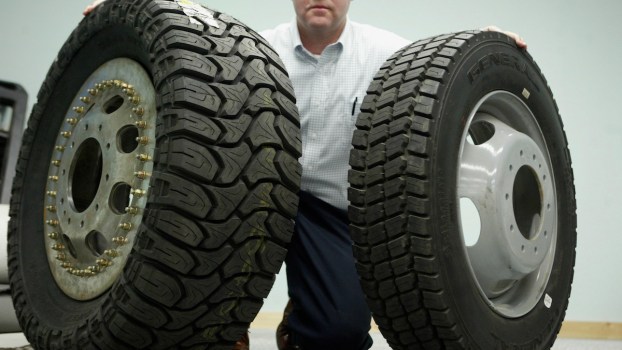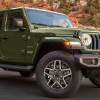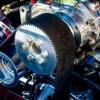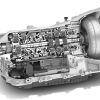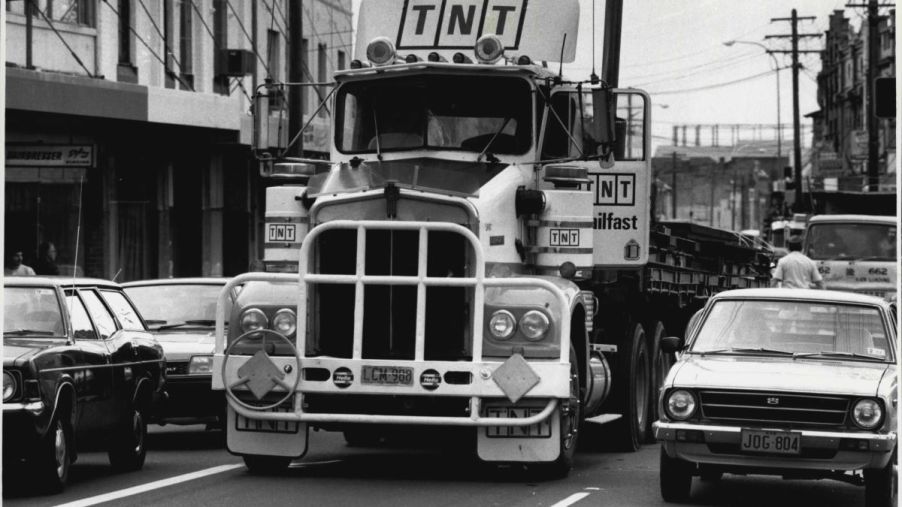
Does Engine Braking Use More Fuel Than Braking Normally?
Pushing on a car’s brake pedal activates a brake caliper that squeezes or pushes a replaceable brake component against metal to slow or stop the car using friction. An engine brake, or Jake Brake, uses the vehicle’s engine momentum to drive engine compression and create drag on the driveline to slow it down without applying the friction brakes. Engine braking pushes the engine’s revolutions per minute (RPM) into its safe upper range for maximum effectiveness, but does it use more fuel than standard braking, and are the maintenance benefits worthwhile if it does?
What is engine braking, and why do trucks use ‘Jake Brakes’?
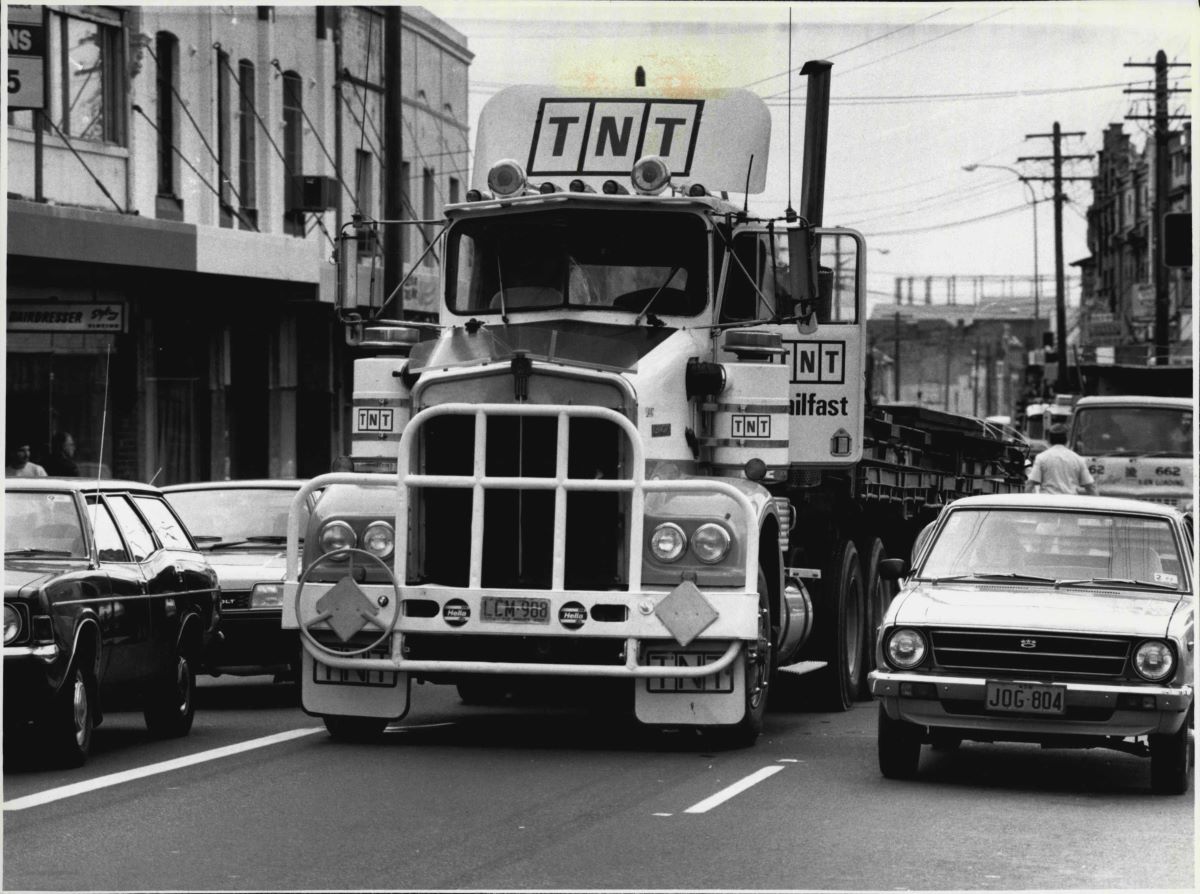
Apex CDL Institute says any vehicle slows down when releasing the accelerator. However, a semi-truck Jake Brake system includes a compression release that opens the exhaust valves when the engine typically fires on the power stroke. This process causes significant drag on the driveline, slowing the big trucks quickly, but it makes a lot of noise as the compressed air blows into the exhaust pipe.
Truckers don’t use Jake Brakes just for the noise. Engine braking allows the truck to slow down without wearing its friction brakes. Replacing the truck’s brakes is expensive, not only in the repair bill cost but the time lost from delivering the next load.
When a truck encounters a long downhill grade, gravity pulls the heavy truck toward the bottom. Using friction brakes to overcome gravity causes extreme heating of the friction components, leading to brake failure in a matter of seconds. Using engine brakes to slow down in these situations is much safer for the trucker and anyone around them, regardless of the noise.
Do engine brakes use more fuel than friction brakes?
Matheson, a commercial trucking company, says the debate over whether or not engine brakes use more fuel than friction brakes is ongoing among truck drivers. The company advises drivers who want to conserve fuel to “avoid stopping unnecessarily,” regardless of the braking system they employ, as regaining speed is the real enemy to fuel economy.
While older carburated engines relied on engine vacuum to pull the fuel/air mixture into the engine, modern engine braking systems cut the fuel flow from the injectors when activated. However, most truckers agree that even if engine braking wastes some fuel, it’s worth it to save wear on the truck’s friction brake components. After all, a bit more cost at the pump is better than spending hundreds or thousands of dollars on repairs and part replacements.
Is engine braking illegal?
You’ve likely seen signs prohibiting engine braking and Jake Brakes along the interstate, especially in more populated areas. While engine brakes are safe, they can cause the drive wheels to lock up and skid on slick roads easier than ABS-equipped friction brakes. However, the signs prohibiting the practice are less about safety and more about preserving quiet neighborhoods, according to The Drive.
That doesn’t mean you can’t allow your car’s engine to slow your momentum as you exit the highway in your SUV. While some diesel-engine heavy-duty pickup trucks employ an engine brake system, the “No Engine Braking” signs are aimed at big semi-tractor-trailer rigs with loud engine braking systems. However, some will argue that many small cars with modified exhaust are almost as destructive to a neighborhood’s peace as a big rig’s Jake Brakes.
